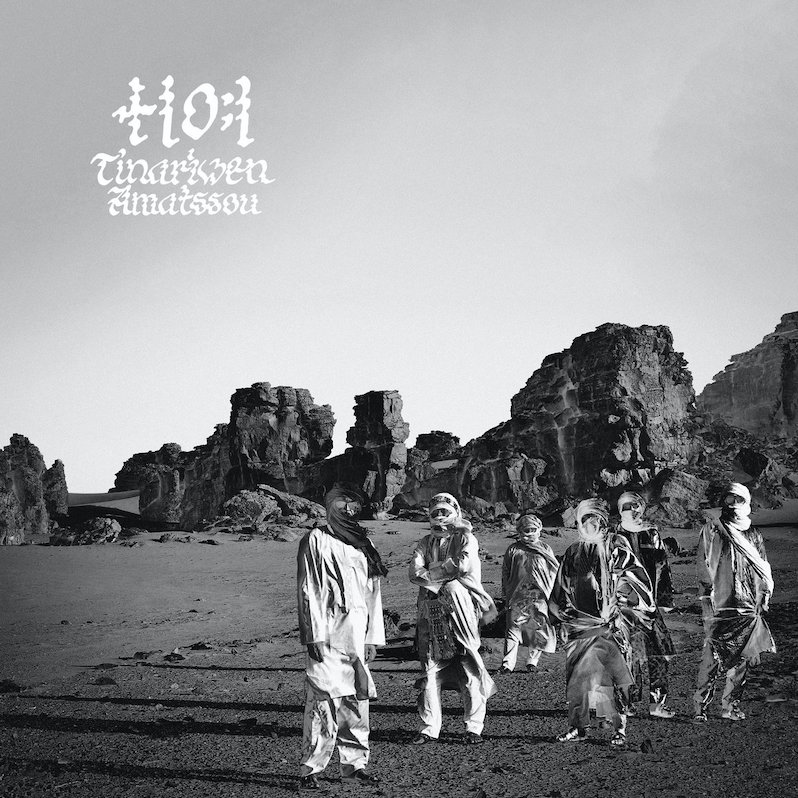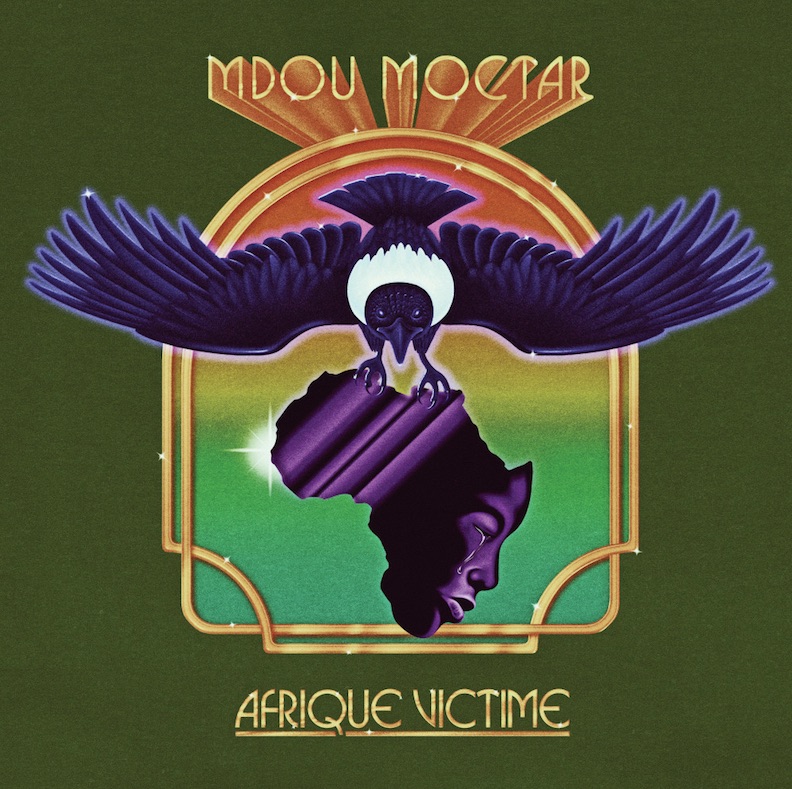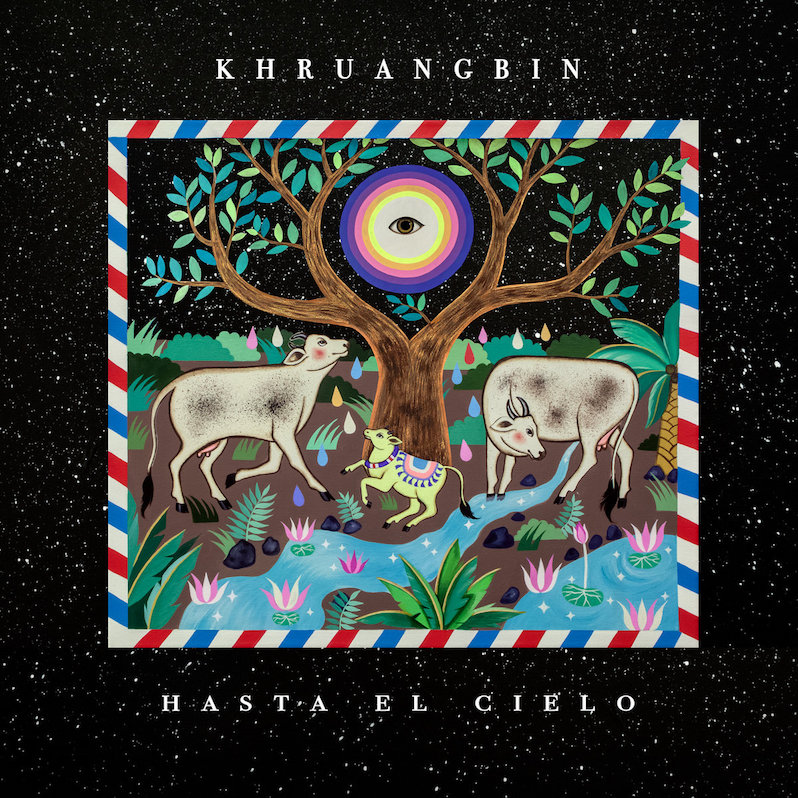Tinariwen : Amatssou

For the uninitiated (welcome, you’ve made a great choice), here’s a quick rundown of Tinariwen and their body of work. The Tishoumaren (known as “desert blues” in the West) originators are members of the Tuareg, a stateless people who reside in the central Saharan Desert. Tinariwen themselves hail from the present-day country of Mali, though have lived in exile from their homeland since 2012. The Tuareg are traditionally nomadic people, and Tinariwen’s propulsive music reflects this sense of constant movement, as well as the brutal circumstances of the band’s birth.
Tinariwen’s four founding members (three of whom remain members) have one of the most extraordinary origin stories in all of modern music. The musicians first came together in 1979 while they were refugees in nearby Algeria. A decade later, several members participated in a Tuareg uprising against the Malian government. By the turn of the millennium, the band had started to gain international recognition. However, the outbreak of conflict in 2012—during which a member was abducted—has meant that Tinariwen live in permanent exile from Mali, due to the prevalence of religious fundamentalists that would outlaw their music.
This doesn’t even cover a fraction of Tinariwen’s story. The band have lived a life that the majority of us couldn’t imagine, which makes their gradual rise to global acclaim all the more admirable and stirring. Amatssou is officially the band’s ninth studio album, yet Tinariwen had spent 20 years recording tapes that never made it to the West prior to their first ‘official’ album, 2001’s The Radio Tisdas Sessions. Every release is terrific, full of complex time signatures, searing electric guitars and trance-inducing atmospherics. It’s perhaps not music that’s immediately familiar to the western ear but also wholly, instinctively accessible.
The circumstances of Amatssou’s recording deserve their own separate write-up. In short, these 12 brilliant tracks were recorded in a makeshift studio set up in Algeria’s Tassili N’Ajjer National Park, a UNESCO World Heritage Site famous for its 10,000-year old cave art. The pandemic interrupted its creation several times, including forcing legendary producer Daniel Lanois (U2, Emmylou Harris) to remain in America. Perhaps this worked in its favor. Lanois’ work here is impressively understated. “Tenere Dan” is sharp and focused, free of desert haze, while the layers of guitars on “Arajghiyine” are compellingly atmospheric, respectfully sitting beneath the iconic guitar trills and solos of the main band.
Tinariwen themselves provide effortless brilliance across Amatssou. Their brand of hypnotic rhythms never loses its appeal, primarily due to its subtle complexities. Layers of violin, acoustic guitars and traditional African instruments intertwine at unexpected junctures before then discreetly vanishing, as if into the sand. While there’s some terrific propulsive cuts (check out the thrilling lead single “Anemouhagh”), it’s the more mellow tracks that stand out. There’s a gorgeous nocturnal quality to the likes of “Jayche Atarak” and particularly penultimate track “Nak Idnizdjam.” Its guitars gently drone like a chorus of insects, while Ibrahim Ag Alhabib’s vocals have never sounded more melancholic. Like so much of Tinariwen’s oeuvre, it’s like sitting beneath an expanse of stars and being told an incredible story.
Label: Wedge
Year: 2023
Similar Albums:




